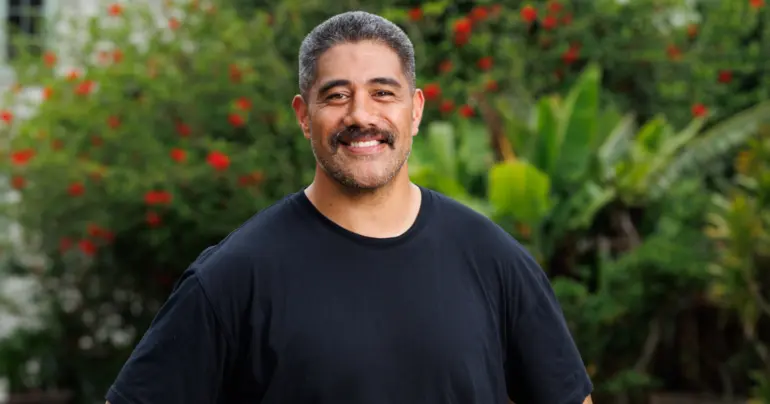Ta'i's Take - The sound of Samoan words
"To read without reflecting is like eating without digesting." - Edmund Burke.
Someone else has written that: Reading is only important and beneficial if we act on it, if we read too much without acting it may cause stress.
Last week we commented on the national crisis of the shortage of teachers and made suggestions on how we may solve the problem in the meantime, while we step up training of new teachers.
We noted the painful time for the director of education, A’e’au Christopher Hazelman, thinking about how a shortage of some three hundred (300) teachers may be overcome and save the education system from falling further behind.
In further thinking about the problem, we recall that in the early fifties (50s) students were banned from speaking Samoan on the school grounds. The drive to learn English was intense and led to some embarrassing moments for some students.
I remember one incident where a female student was seen crying after the morning interval and the teacher asked: What’s wrong, Rosemarie (not her name)?
Please Mrs K Tu’umule threw me with a fuge, Rosemarie replied.
Mrs K had to threaten detention before the laughter stopped.
The thrower was not Tu’umule but this name did rhyme with fuge.
For the rest of the year, the crying student became Mrs Fuge.
Was that the reason for the decline in the literacy rate? Maybe.
Another possible reason, was the use of Roman symbols for the Samoan alphabet and their introduction continues to affect how the words are pronounced and mispronounced because the letters brought the English sounds and drowned out the proper sounds of the Samoan alphabet.
For example a is sounded like a in act to give us a -‘ato (basket) as in the Pi Tautau or the hanging alphabet.
The Samoan a is the sound in ao, cloud; aso, day; alu, go;
The Samoan e is the sound in esi, pawpaw.
The i is that in ipu, as it is in the Pi Tatutau, but only because it was wrongly given as the sound in ‘i , i.e, with the glottal stop.
Our o is that in oso, jump; olo, ground; ono, six; and finally our u is the sound in umu, oven; ulu, head; usu, sing; and in two introduced words, uila, bicycle; lightning; and uati, watch.
Happy reading. Soifua.











